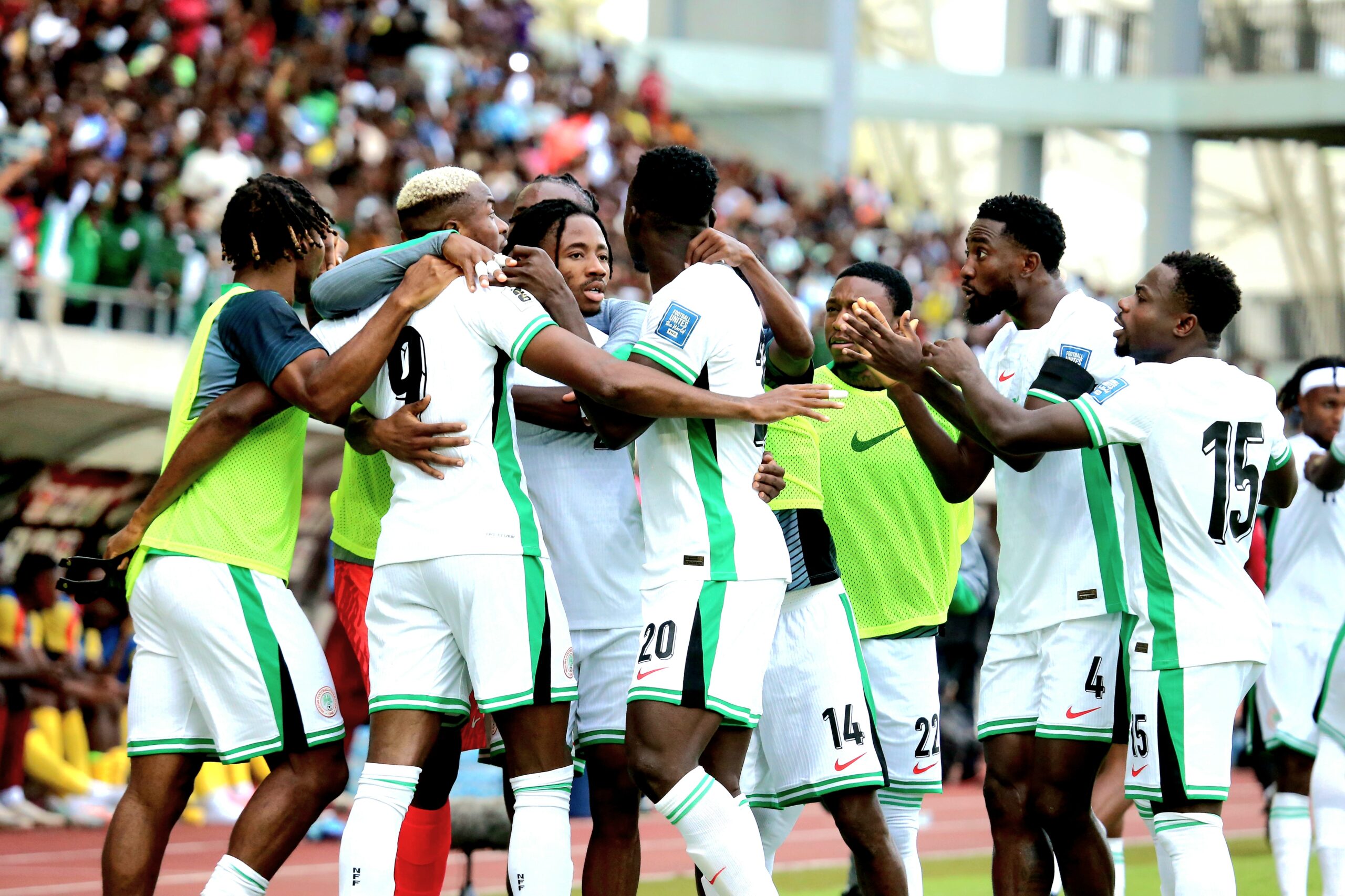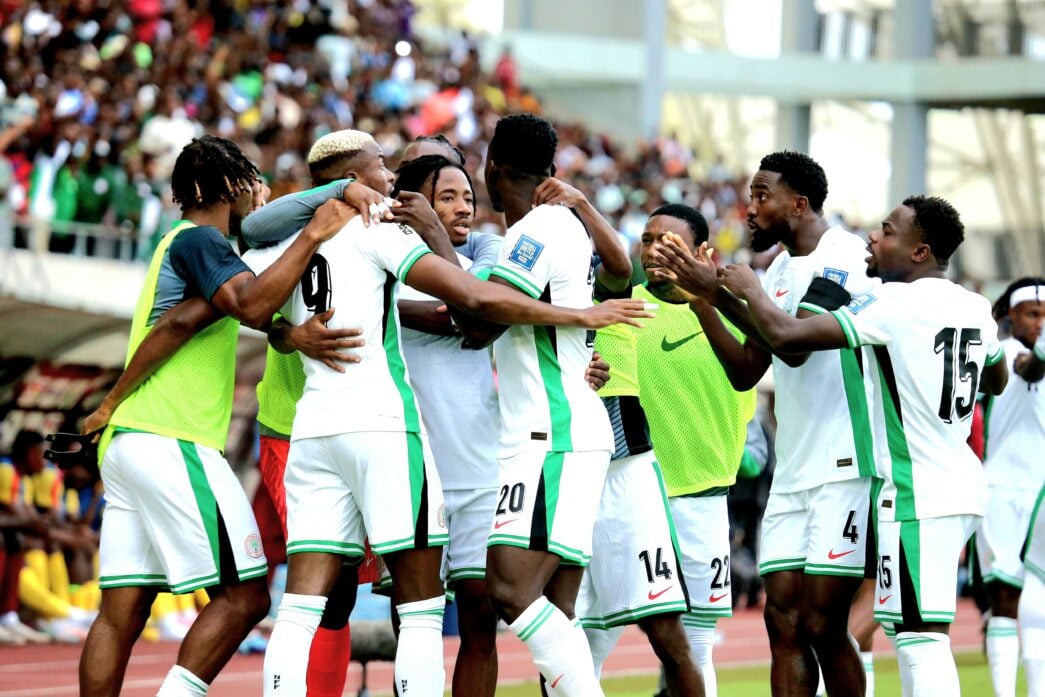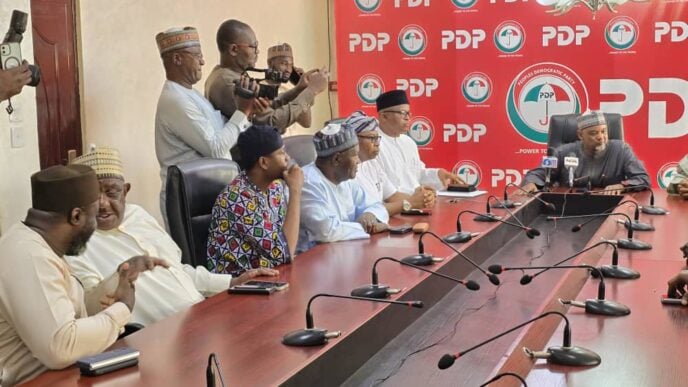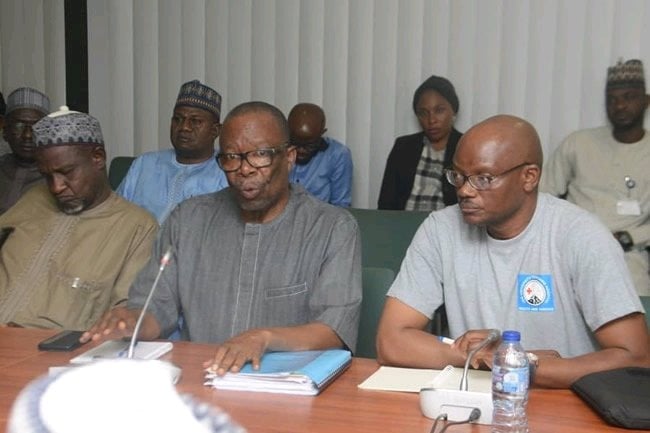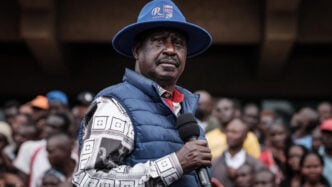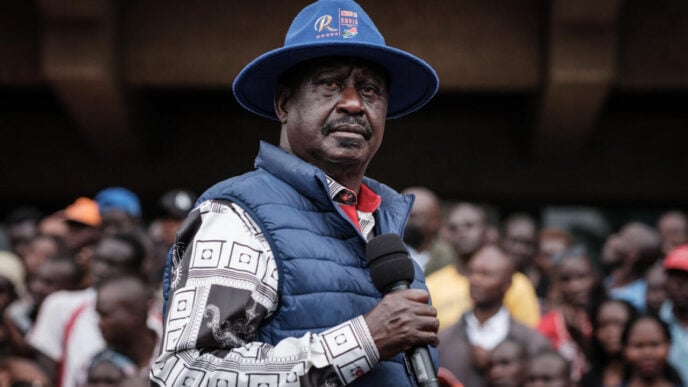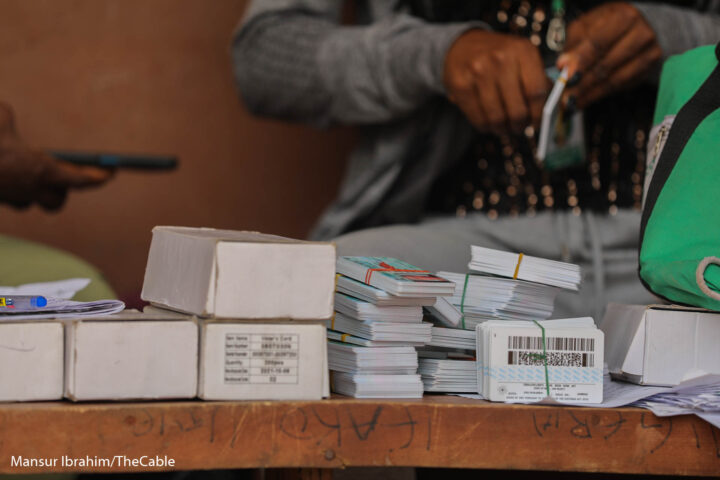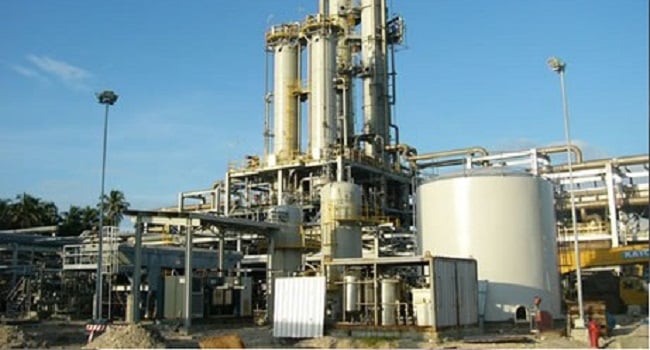Super Eagles get another chance to qualify for the 2026 World Cup through the playoffs | Photo Credit: NFF
Nigeria hoped for a miracle in the country’s 2026 World Cup bid, and on Tuesday, the heavens slightly opened up, and the Super Eagles did the unthinkable. The team cobbled its broken hopes together into a ladder and, standing on the shoulders of Victor Osimhen, reached into the firmament to snatch an unlikely second chance. It all seemed impossible until it was not.
Nigeria had struggled for goals throughout the qualifiers, but on the day it mattered most, they scored four against the Benin Republic. The team’s faulty goal faucet magically fixed itself. Osimhen’s hattrick could have been expected, but Frank Onyenka stealing into the box late in the match to score the all-important final goal was too close to fiction. Not even the best Nollywood script could have plotted Nigeria going into the World Cup playoffs with such an inspiring performance.
Although Nigeria lost the automatic qualification ticket to Group C winners South Africa on the final matchday, a strong second-place finish means the Eagles stand a chance of getting a World Cup ticket through two different playoff tournaments.
First, Nigeria join Gabon, Cameroon, and DR Congo as the four countries that will compete at the African playoffs scheduled for Morocco in November.
Advertisement
The winner will then proceed to a six-team inter-confederational playoffs, where two countries will seal their places in the World Cup.
HOW NIGERIA SECURED AFRICAN PLAYOFF SPOT
According to CAF World Cup qualifiers regulations, four of the nine second-placed teams have a chance to feature in a playoff tournament to determine the best nation.
Advertisement
However, Eritrea’s withdrawal from Group E triggered a rule that invalidates the results of matches between second-placed and last-placed nations in other groups. Consequently, points earned by second-placed nations in such matches are deducted for fairness and equity.
As a result, Nigeria jumped to fourth place among the runners-up with 15 points. The Super Eagles had finished with 17 points but earned only two points from Zimbabwe, the lowest-ranked nation in Group C.
Gabon, Cameroon, and DR Congo occupy the top three spots on the runners-up table, ahead of Nigeria. Notably, Nigeria qualified ahead of Burkina Faso, who had the same points tally, due to a superior goal difference.
HOW THE AFRICAN PLAYOFFS WORK
Advertisement
The four qualified nations will gather in Morocco for a thrilling CAF playoff tournament from November 13 to 16.
The teams will be seeded based on the upcoming FIFA Rankings, which will be released on October 23.
The highest-ranked country, according to the FIFA rankings, will face the lowest-ranked team, and the second-highest-ranked side will take on the third-highest-ranked team. All games will be single-leg knockout matches.
Both semi-finals are scheduled for November 13, with venues to be announced later.
Advertisement
The winners of the semi-finals will meet in the continental final on November 16, with the victor earning the sole CAF ticket to represent Africa at the interconfederation playoffs.
THE INTER-CONFEDERATIONAL PLAYOFFS BREAKDOWN
Advertisement
If the Super Eagles qualify through the CAF playoff, they will join five other nations from four confederations in the FIFA World Cup qualifying tournament, scheduled to take place in March 2026.
Other participating teams will include two teams from CONCACAF (North America, Caribbean and Central America), and one country each from AFC (Asia), CONMEBOL (South America), and OFC (Oceania).
Advertisement
Bolivia and New Caledonia will represent CONMEBOL and OFC, respectively, with either Iraq or the United Arab Emirates set to take the AFC slot.
The two CONCACAF representatives will also be determined in November.
Advertisement
For the six-team inter-confederational playoffs, the two teams with the highest FIFA rankings will get byes to the two separate finals.
If all six teams are Team A to Team F. Team A and Team B will qualify for two different finals due to their FIFA rankings.
The remaining four lowest-ranking nations will compete in two separate knockout matches. Team C will play D, and E will square up F.
The winners of the knockout games will now face each of the highest-ranking teams in two separate finals. Clearly, Team A will play against Team C, and Team B will face Team E.
The winners of these two games will secure the final two World Cup tickets.
